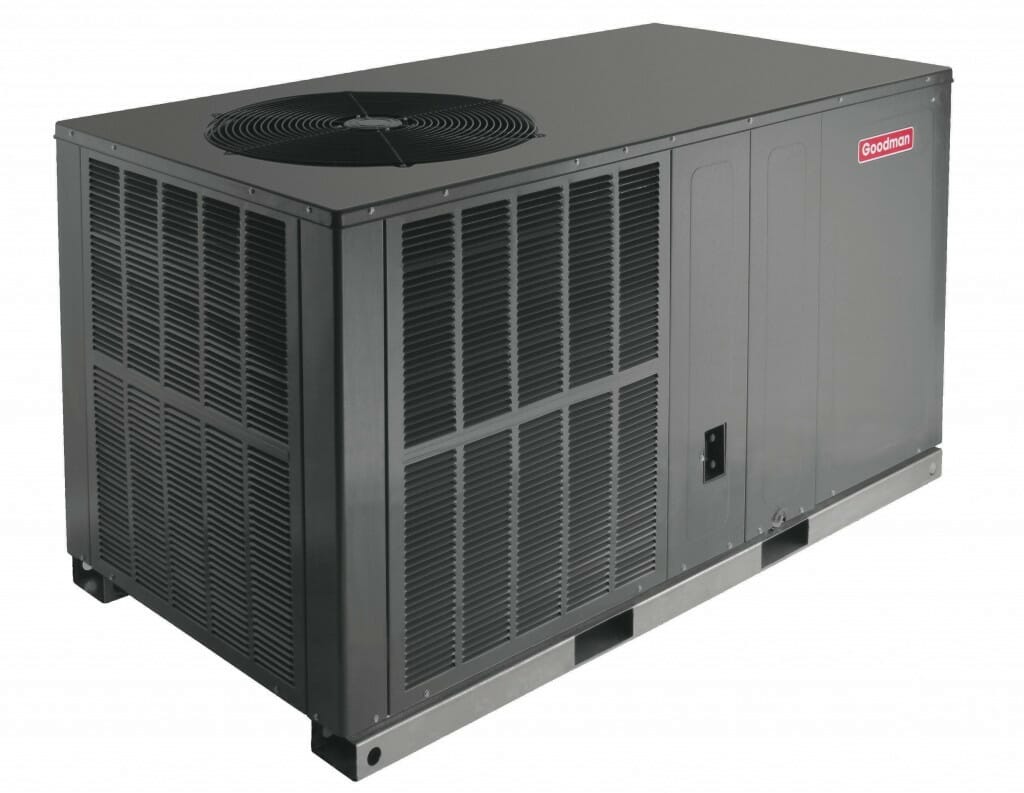Looking after Your HVAC: Tips for Longevity and Efficiency
Caring for your HVAC system is important not just for ensuring optimal efficiency but also for extending its lifespan. A well-functioning heating, ventilation, and air conditioning system keeps your home cozy year-round, improves indoor air quality, and can even save you money on energy bills. Yet, many homeowners neglect the significance of regular maintenance and timely repairs, which can lead to costly repairs or replacements when issues arise.
In this article, we will examine useful tips to keep your HVAC system running efficiently and effectively. From understanding how often you should check your system and identifying the signs that indicate immediate attention is needed, to choosing the appropriate HVAC system for your home and implementing energy-efficient solutions, we will lead you through everything you need to know. Whether you are a seasoned DIYer or someone looking to learn more about HVAC care, our detailed guide aims to equip you with the knowledge to ensure your home remains a secure sanctuary.
Key HVAC Maintenance Practices
One of the primary practices in HVAC maintenance is consistent servicing. How frequently should you service your HVAC system? In an ideal scenario, it should be done a minimum of once a year, ideally before the heating or cooling period begins. This forward-thinking approach allows technicians to detect and resolve potential issues before they escalate, guaranteeing your system operates optimally. Seasonal maintenance also typically involves cleaning components, checking refrigerant levels, and testing for any signs of damage or breakage, which can prolong the durability of your system.
Another critical aspect is the punctual replacement of air filters. Understanding the importance of air filter changes in HVAC systems can’t be overlooked. Clogged or dirty filters limit airflow, making your system work harder and diminishing its efficiency. It is generally suggested to check filters on a monthly basis and replace them every three months or more frequently if you have pets or allergies. This easy task not only enhances indoor air quality but also improves the overall performance of your HVAC system.
Lastly, creating a periodic HVAC maintenance checklist can serve as an effective tool for homeowners. This checklist should include tasks such as servicing the outdoor unit, inspecting the ductwork for leaks, checking thermostat functionality, and ensuring all vents are unobstructed. By following this structured approach to maintenance, you can stop common HVAC problems and keep your system running smoothly year-round, ultimately conserving you money on energy bills and repairs.
Identifying HVAC Issues Promptly
Taking a proactive approach to your HVAC system can protect you from costly repairs and prolonged downtime. Consistently watching your unit's performance and listening for strange noises can assist you catch possible problems early. For check this site , if you notice your system is running longer than normal or not maintaining the desired temperature, these can be early signs that problems are arising. Additionally, peculiar smells coming from your vents could indicate electrical concerns or mold growth.
An additional critical aspect of early identification is monitoring your energy bills. A sharp spike in your heating or cooling costs may imply that your HVAC system is functioning harder than it needs to, often due to inefficiencies or mechanical malfunctions. Monitoring these changes will allow you to manage problems before they lead to a complete system failure. Furthermore, assess the air quality in your home; if you discover a rise in dust or allergens, your HVAC system may not be working efficiently.
Finally, familiarize yourself with the 10 signs your HVAC system needs immediate attention. This list includes factors such as poor airflow, inconsistent temperatures throughout your home, and frequent cycling on and off. Recognizing these signs early can aid ensure your HVAC system retains optimal performance and longevity, ultimately enhancing your well-being and reducing the need for extensive interventions.
Energy Savings and Cost Savings
Investing in an high-efficiency HVAC system can greatly reduce your monthly bills while also providing better comfort throughout your house. When picking a new system, look for systems with excellent SEER scores, which signify better cooling efficiency. Higher efficiency means your system uses less energy to cool or heat your residence, translating to savings over time. Additionally, properly maintained systems tend to perform at peak efficiency, further enhancing savings.
Consistent maintenance plays a vital role in ensuring your HVAC system remains energy-efficient. Easy tasks such as replacing air filters, cleaning ducts, and arranging annual tune-ups can stop the system from working more than necessary, which can result in increased energy consumption. By taking early action, you not only extend the life of your HVAC system but also maintain energy costs affordable.
Using smart home technology, such as programmable thermostats, can enhance energy savings even furthermore. These devices allow for accurate control over heating and cooling schedules, ensuring your system runs only when needed. By optimizing your HVAC operation, you can achieve significant cost savings while ensuring a cozy indoor environment.
